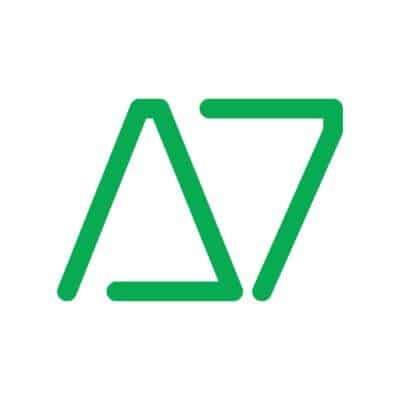Real estate used to be off-limits unless you had deep pockets or wanted the hassle of managing properties. But now, real estate crowdfunding has changed the game—you don’t need to be rich or deal with tenants to start investing.
Even if you don’t qualify as an accredited investor (which just means you don’t have a super high income or net worth), you can still get in. Some platforms let you start with as little as $10, giving you a way to build passive income, grow your money over time, and diversify beyond stocks.
In this guide, I’ll cut through the fluff and show you the best real estate crowdfunding platforms for non-accredited investors—how they work, what you need to get started, and what kind of returns you can expect.
Real Estate Crowdfunding Options for Non-Accredited Investors
Most real estate crowdfunding platforms are off-limits unless you’re an accredited investor with a high net worth. But now, more platforms are opening up to everyday investors, making it easier to get into real estate without being rich. If you want to grow your money without taking huge risks, you need the right platform.
Here are three of the best real estate crowdfunding options for non-accredited investors: Arrived, Fundrise, and Ark7.
|
Rating:
5.0
|
Rating:
5.0
|
Rating:
4.5
|
1. Arrived
Arrived is one of the easiest ways to invest in real estate without needing a large amount of money or dealing with property management. The platform allows you to buy shares of rental homes, and you earn a share of the rental income and any appreciation over time.
With a minimum investment of just $100, you can choose from a selection of rental properties, buy shares, and earn passive income from rent and potential property value appreciation. The biggest advantages of Arrived include hands-off investing, low minimums, and a transparent platform.
If you invested $100 a month into Arrived for 30 years with an estimated 8% annual return, your investment could grow to approximately $149,036. This includes both rental income and property appreciation, assuming consistent reinvestment and compounding. While returns aren’t guaranteed, real estate historically provides strong long-term growth, making it a solid option for passive income and wealth building.
- Invest in rental homes with as little as $100
- Earn passive income from rent payments
- No landlord duties—Arrived manages everything
- Diversify with properties across the U.S.
- Easy sign-up and no accreditation required
2. Fundrise
Fundrise is one of the most popular real estate crowdfunding platforms, offering access to a diversified portfolio of commercial and residential properties. You don’t need to pick individual properties—Fundrise does the work for you through eREITs (electronic real estate investment trusts).
With a low minimum investment of $10, Fundrise pools investors’ money to buy and manage real estate projects, distributing returns through rental income and appreciation. Its main benefits include low minimums, automatic diversification, and strong historical returns. However, investors should be aware that the platform has a longer investment horizon and withdrawals aren’t instant.
- Earn passive income with real estate investing starting at just $10
- Easy-to-use app for seamless access to crowd-funded real estate deals
- Perfect for those who want their money to work for them
3. Ark7
Ark7 lets you invest in fractional ownership of rental properties, giving you direct exposure to specific real estate investments. Unlike Fundrise, where you invest in a portfolio, Ark7 lets you choose individual properties that fit your goals.
With a minimum investment of $20, investors can buy shares of rental properties and earn income from rent while benefiting from potential appreciation.
Ark7 stands out due to its lower minimum investment than Arrived, the potential for passive income, and the ability to choose specific properties. However, liquidity can be a challenge since the secondary market for selling shares is limited.
- Start investing with just $20
- Own shares in specific rental properties
- Earn monthly rental income
- Sell shares through Ark7’s resale marketplace
Crowdfunded Real Estate Summary
At the end of the day, there are plenty of ways to start investing in real estate, even if you don’t have a ton of money.
Crowdfunding platforms like the ones in this article make it easier than ever to get started without the hassle of owning property yourself. The right platform for you depends on your risk tolerance, goals, and how hands-on you want to be.
Real estate can be a powerful way to build wealth and earn passive income over time. Whether you’re looking for extra cash or a long-term investment strategy, the key is to start—because the best time to invest is always sooner rather than later.













